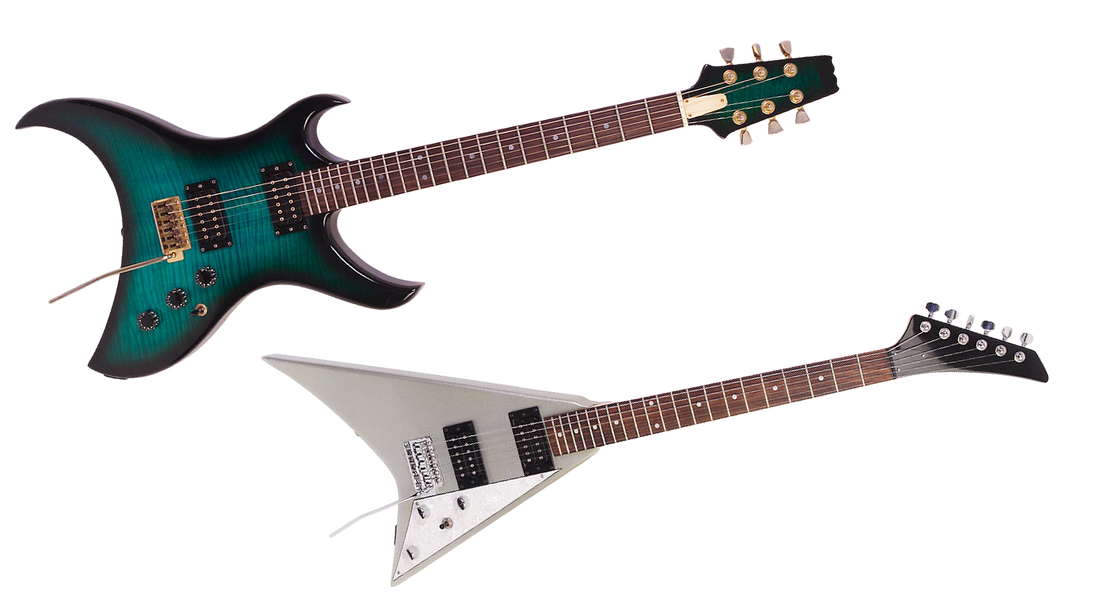Tip # one – Get to Know Your Instrument and How to Choose It
The first step to becoming a great guitarist is to get to know your instrument. Spend some time learning about the different parts of the guitar and how they work together. This will help you understand how to make the most of your instrument and get the best sound possible. Also, you need to make sure of your understanding guitar scale length and how it affects your play. It is also important to learn how to choose the right guitar for you. Not all guitars are created equal, so it’s important to find one that suits your individual playing style. The most basic division among guitars is between acoustic and electric. Acoustic guitars are played unplugged, while electric guitars need to be plugged into an amplifier. There are also different body styles for each type of guitar, so it’s important to do some research to find the one that’s right for you. The most widely used ones are the dreadnought, jumbo, and concert body styles for acoustic guitars; and the solid body, semi-hollow body, and hollow body styles for electric guitars.
Dreadnought Acoustic Guitars
The dreadnought is the most popular body style for acoustic guitars. It is characterized by its large size and powerful sound. If you are looking for an acoustic guitar that will be versatile and suitable for a variety of genres, then the dreadnought is a good option for you.
Jumbo Acoustic Guitars
Jumbo acoustic guitars are also large in size, but they have a slightly different shape than dreadnought guitars. They are often used for genres such as country and folk music. If you are looking for an acoustic guitar with a unique sound, then the jumbo is a good option for you.
Concert Acoustic Guitars
Concert acoustic guitars are smaller in size than a dreadnought and jumbo guitars. They are typically used for genres such as jazz and classical music. If you are looking for an acoustic guitar that is easy to play, then the concert guitar is a good option for you.
Solid Body Electric Guitars
Semi-Hollow Body Electric Guitars
The semi-hollow body electric guitar is characterized by its semi-hollow wood body. This gives it a unique sound that is somewhere between the sound of a solid body electric guitar and an acoustic guitar. If you are looking for an electric guitar with a unique sound, then the semi-hollow body electric guitar is a good option for you.
Hollow Body Electric Guitars
The hollow body electric guitar is characterized by its hollow wood body. This gives it a very different sound than the solid body and semi-hollow body electric guitars. If you are looking for an electric guitar with a unique sound, then the hollow body electric guitar is a good option for you.
Tip # two – Don’t Be Afraid to Practice
One of the most important things you can do to improve your guitar playing is to practice regularly. It may seem like a daunting task, but the more you play, the better you’ll become. Set aside some time each day to work on your skills. Even if it’s just for 20 minutes, this dedicated practice time will pay off in the long run. If you find yourself struggling to stay motivated, try setting small goals for yourself or taking lessons from a guitar instructor. For instance, if you want to learn how to play a certain song, set that as your goal. Once you’ve mastered it, move on to another one.
Tip # three – Listen to Music and Learn the Basic Chords
Another great way to improve your guitar skills is by listening to music. Pay attention to how the different parts come together and try to mimic what you hear. This will help train your ear and improve your sense of rhythm. You can also learn a lot by watching other guitarists play. In addition to listening to music, it’s also important to learn the basic chords. Start by learning a few simple chords and then move on to more complex ones. Some of the first ones you should learn are the A, D, E, and G chords. Once you know how to play a few chords, you can start practicing songs.
Tip # four – Find a Mentor
One final tip is to find a mentor or teacher who can help you improve your skills. A good mentor will be able to give you feedback and help you troubleshoot any problems you may be having. They can also introduce you to new techniques and concepts that you may not have been exposed to before. If you’re serious about becoming a better guitarist, finding a mentor is an essential step. Also, don’t forget to have fun! Playing the guitar should be enjoyable, so make sure to find music that you enjoy and practice regularly.
We hope these tips were helpful and that they will help you take your guitar playing to the next level! Remember, practice makes perfect, so don’t be afraid to put in the work. With dedication and effort, you’ll be amazed at how much you can improve. By following these essential tips, you're guaranteed to see a significant improvement in your guitar skills! Thanks for reading!











